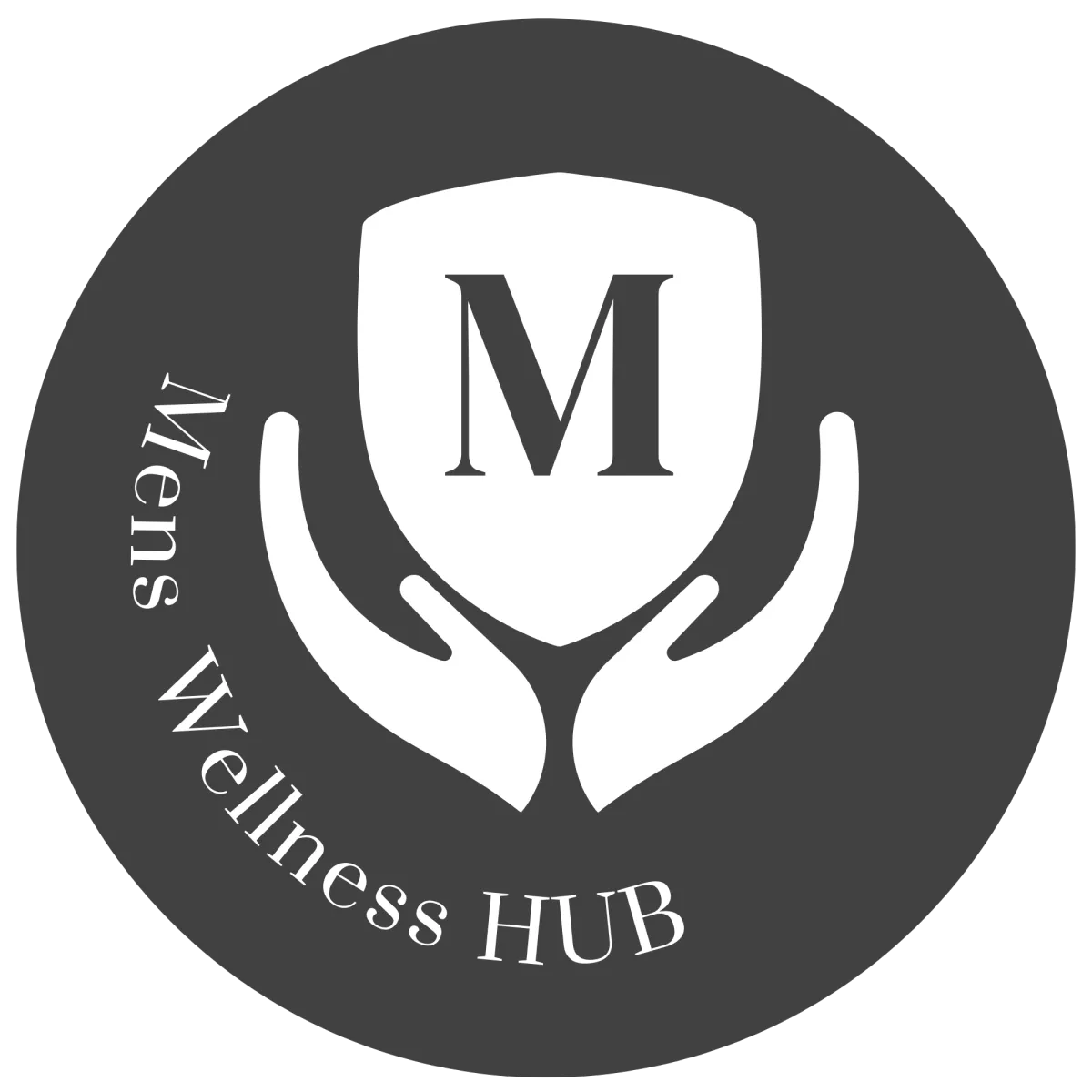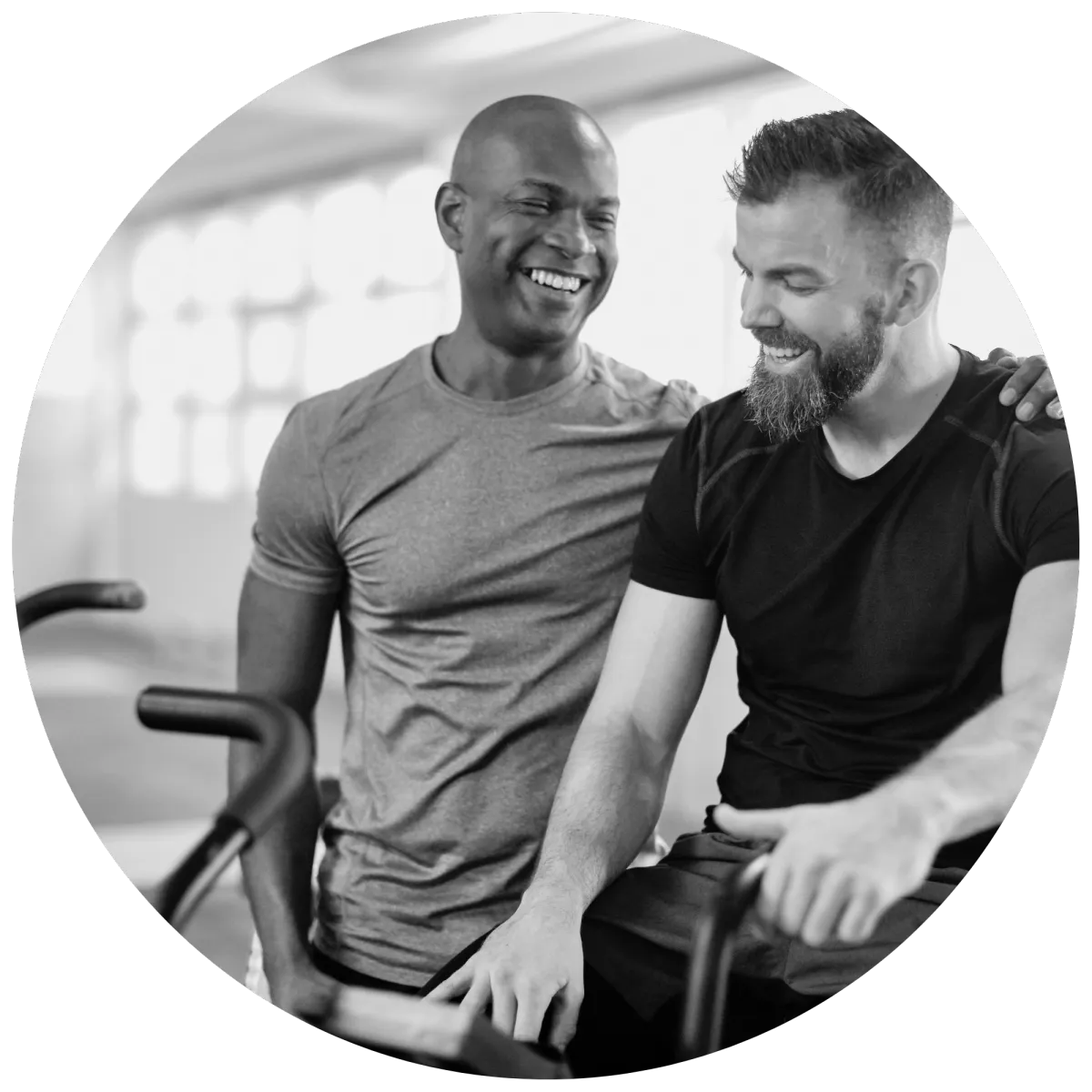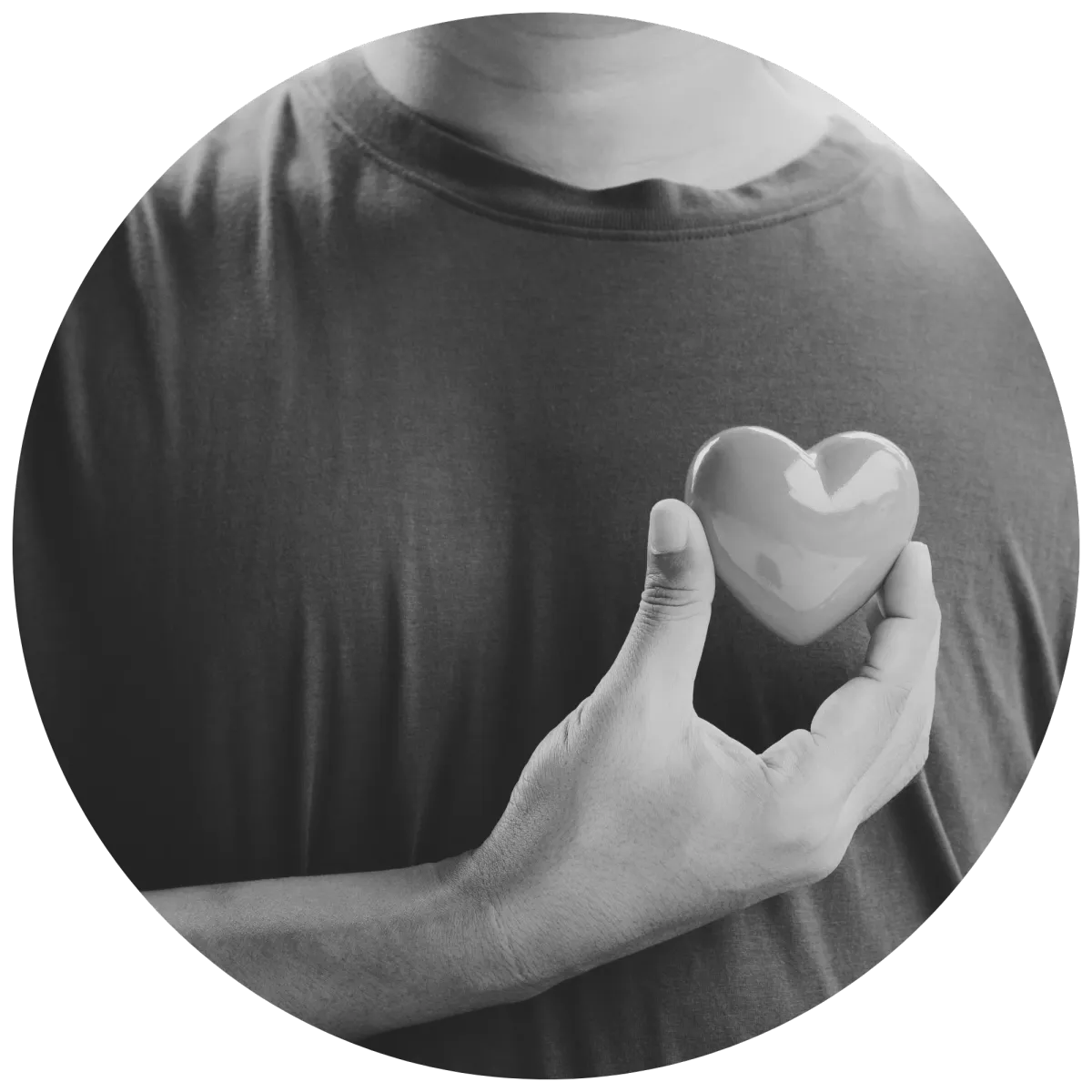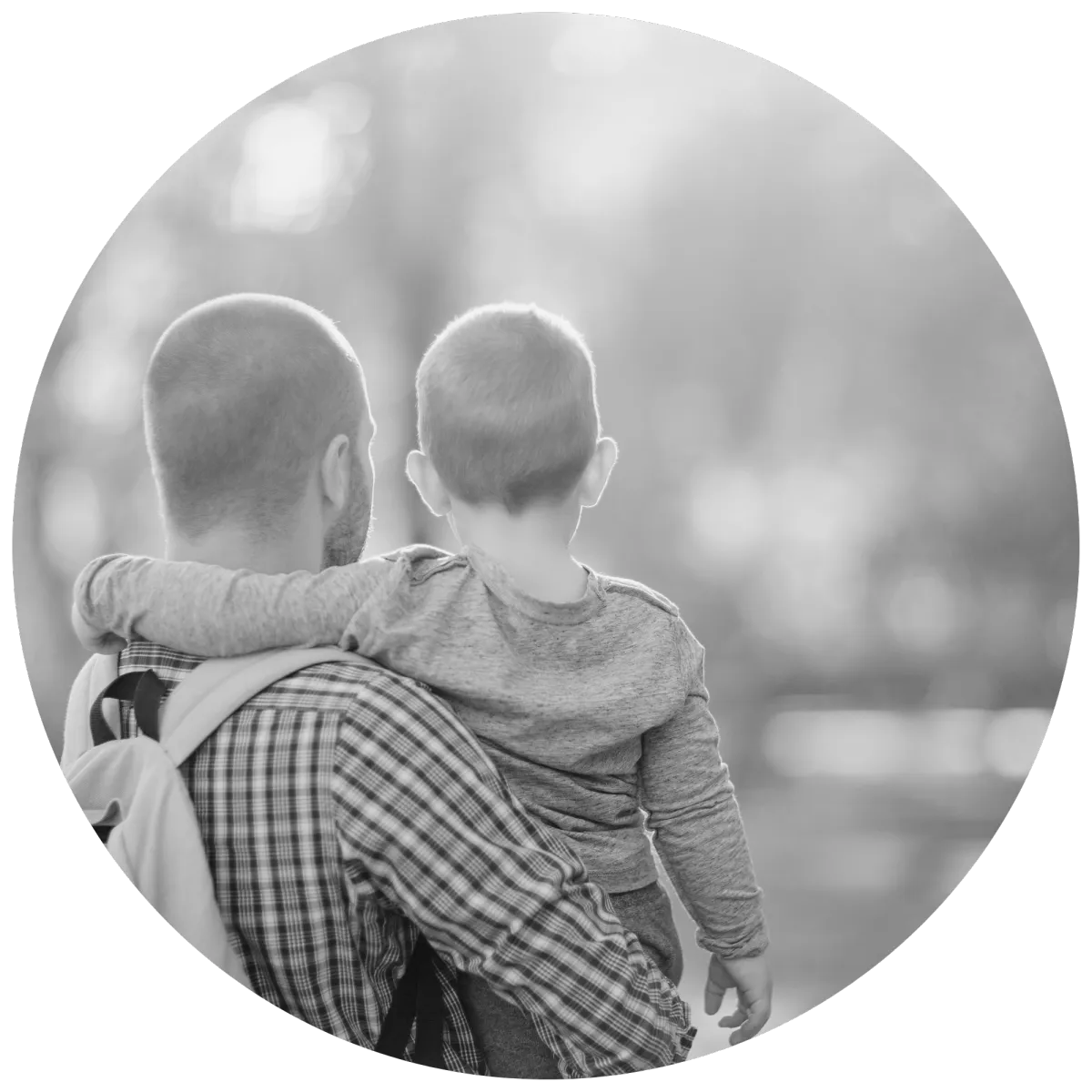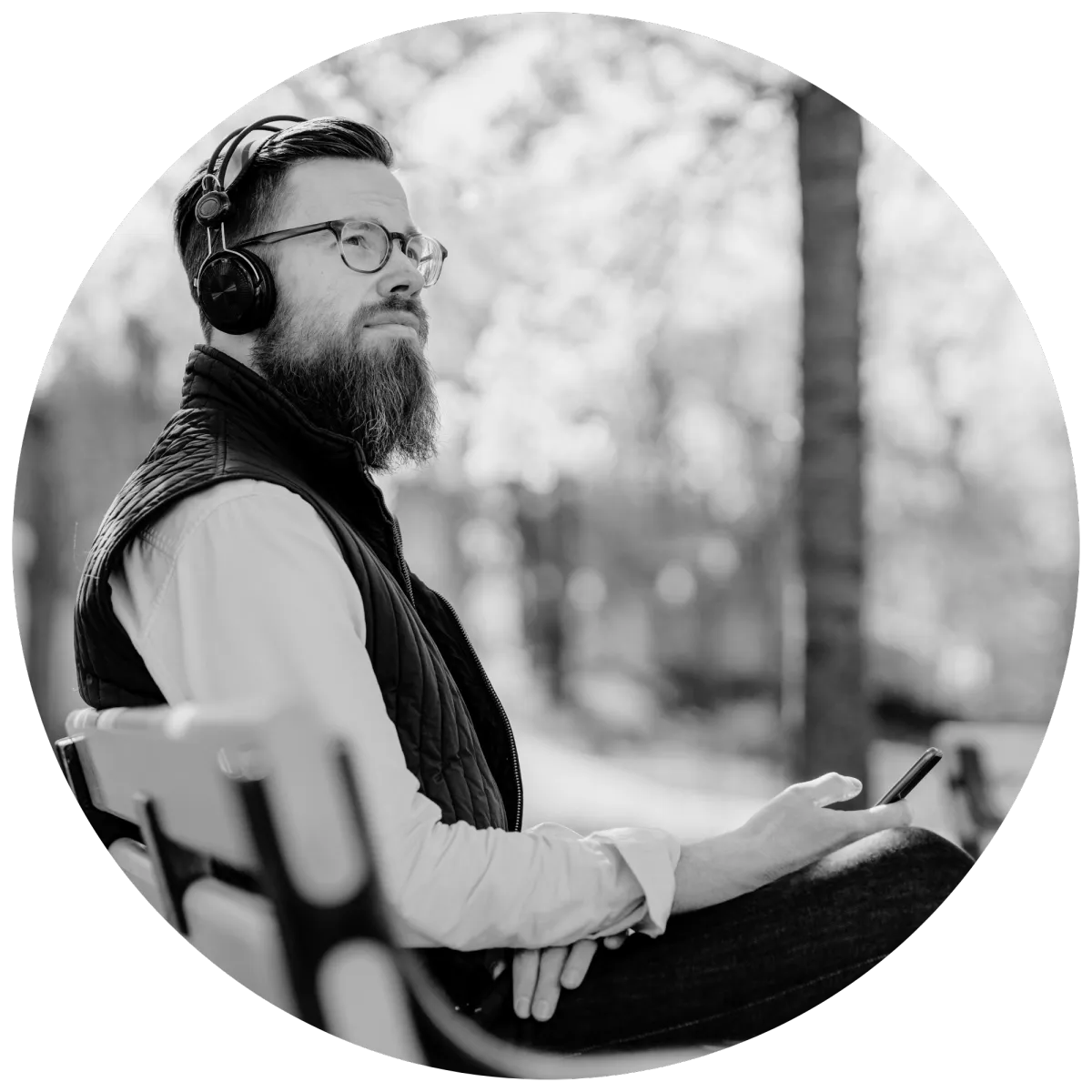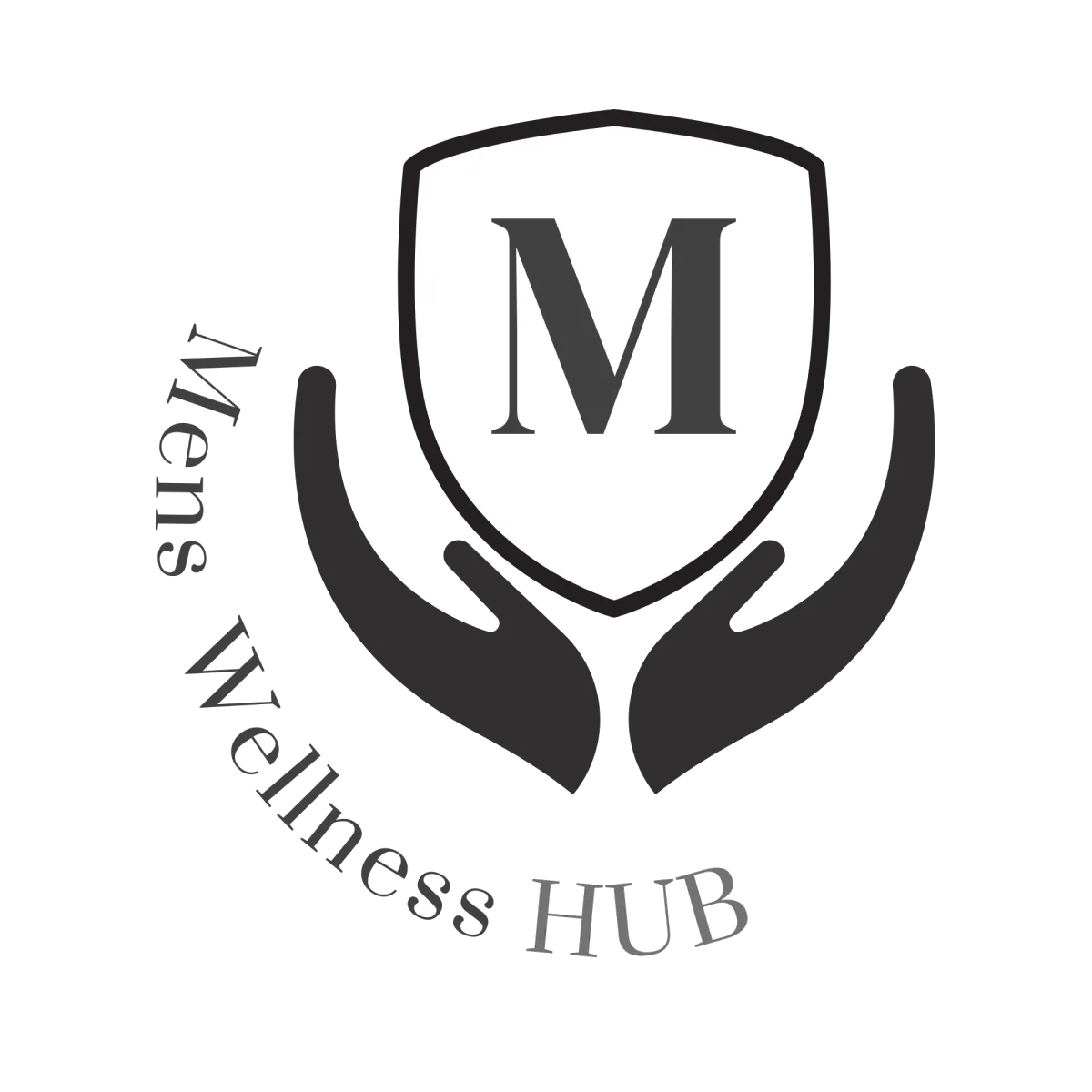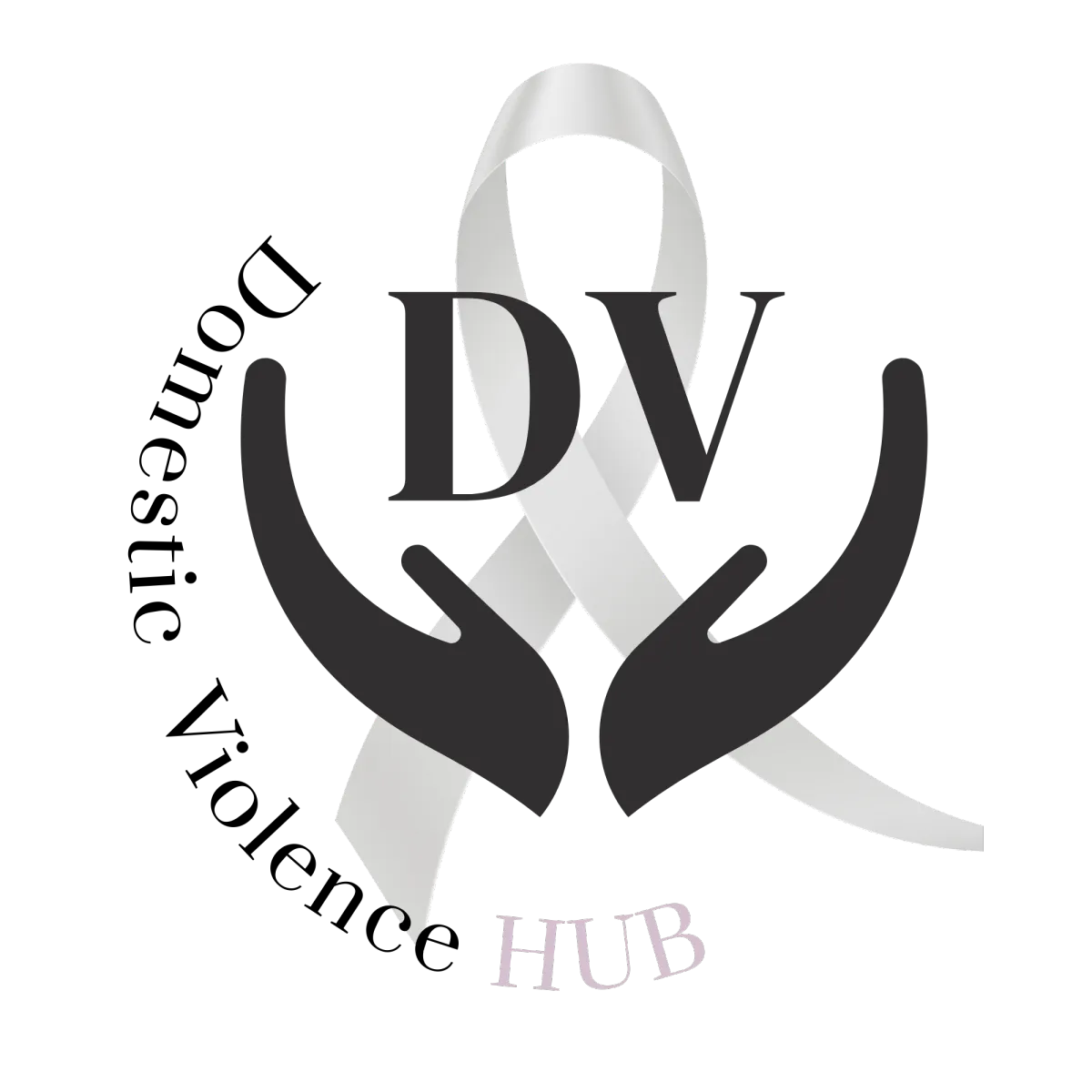Welcome to the Men's Wellness Hub
**This website is under construction**
Men's wellness hub is part of the Family Counselling Support Network company
which offers Australians health and wellness support no matter who, where and why.
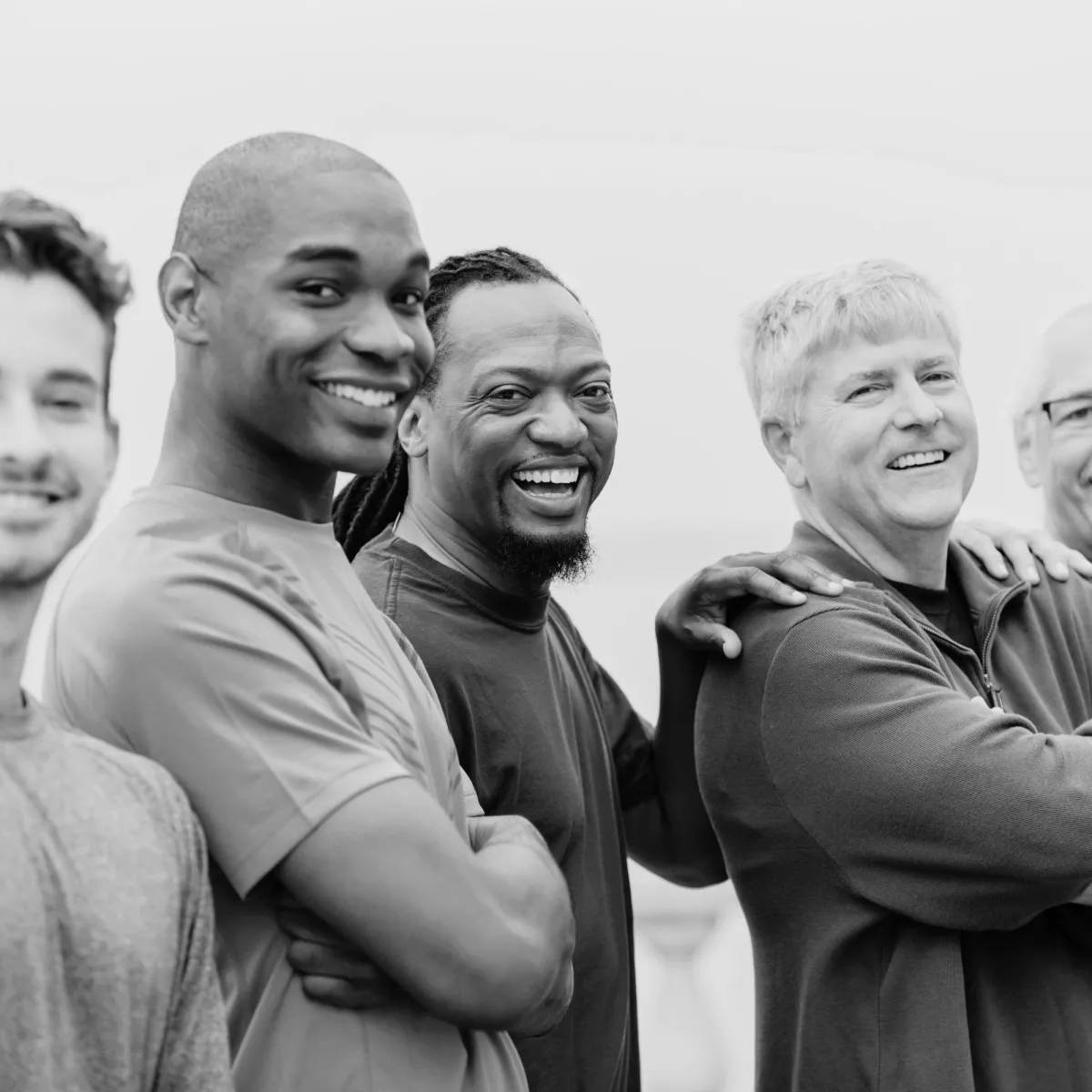
We recognise the health and wellness and support challenges that men often experience. That's why we developed the Men's Wellness hub which provides a healthy and safe place for men to become better educated and supported in their physical, mental and emotional wellness.
We work in collaboration with counsellors, educators, nutritionists, fitness experts, wellbeing trainers and a number of other fantastic specialists to help empower men to not only survive but thrive in body and mind!
Not because they have to, but because they deserve to take care of themselves too.
Men's wellness hub is part of the Family Counselling Support Network company which offers Australians health and wellness support no matter who, where and why.
Family Counselling Support Network (FCSN) is a Social Enterprise business which has been developed to help Australians find information more easily, in a more consolidated way, which is highly informative and offers genuine support to help you feel more empowered to make a more informed decision. It's time to make things easier!
This hub is just one of the many hubs provided for free through FCSN, to Australians. We acknowledge the support of our service providers, and all our inspirational ambassadors who are helping us to support the health, safety and wellness of so many.
Mark Colwill
Men's Health and Wellness Counsellor
Mark is dedicated to helping his client achieve his goals in overcoming the challenges they face during times of mental and emotional difficulty. Whether they are suffering with grief, anxiety, depression, gambling habits or anger he works with his clients to take back control with professional counselling, coaching, courses and/or training. His success rate with his clients speaks for itself.
Marks podcast series will leave you feeling understood and supported.
To book in with Mark for online counselling: www.colwillcounselling.com.au
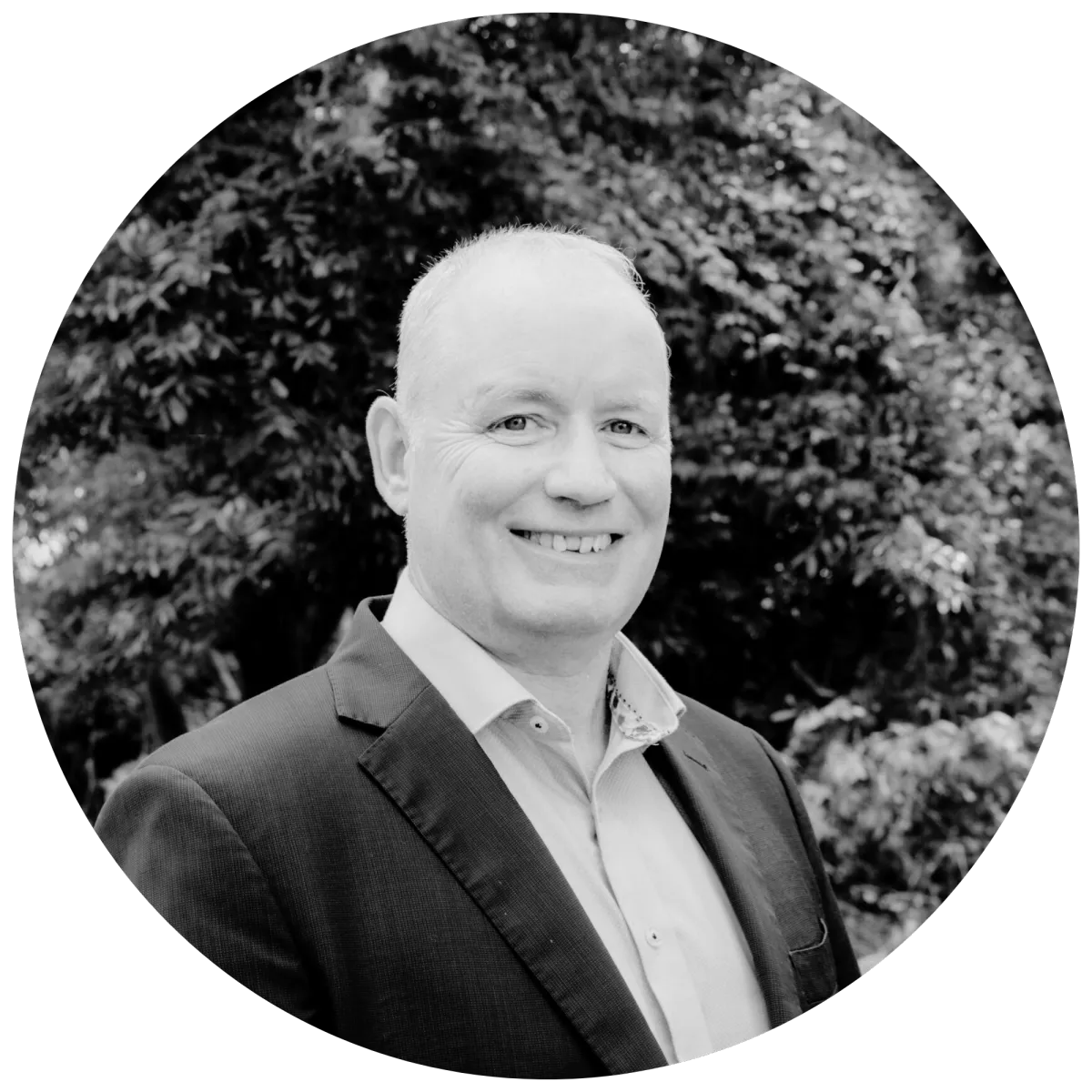
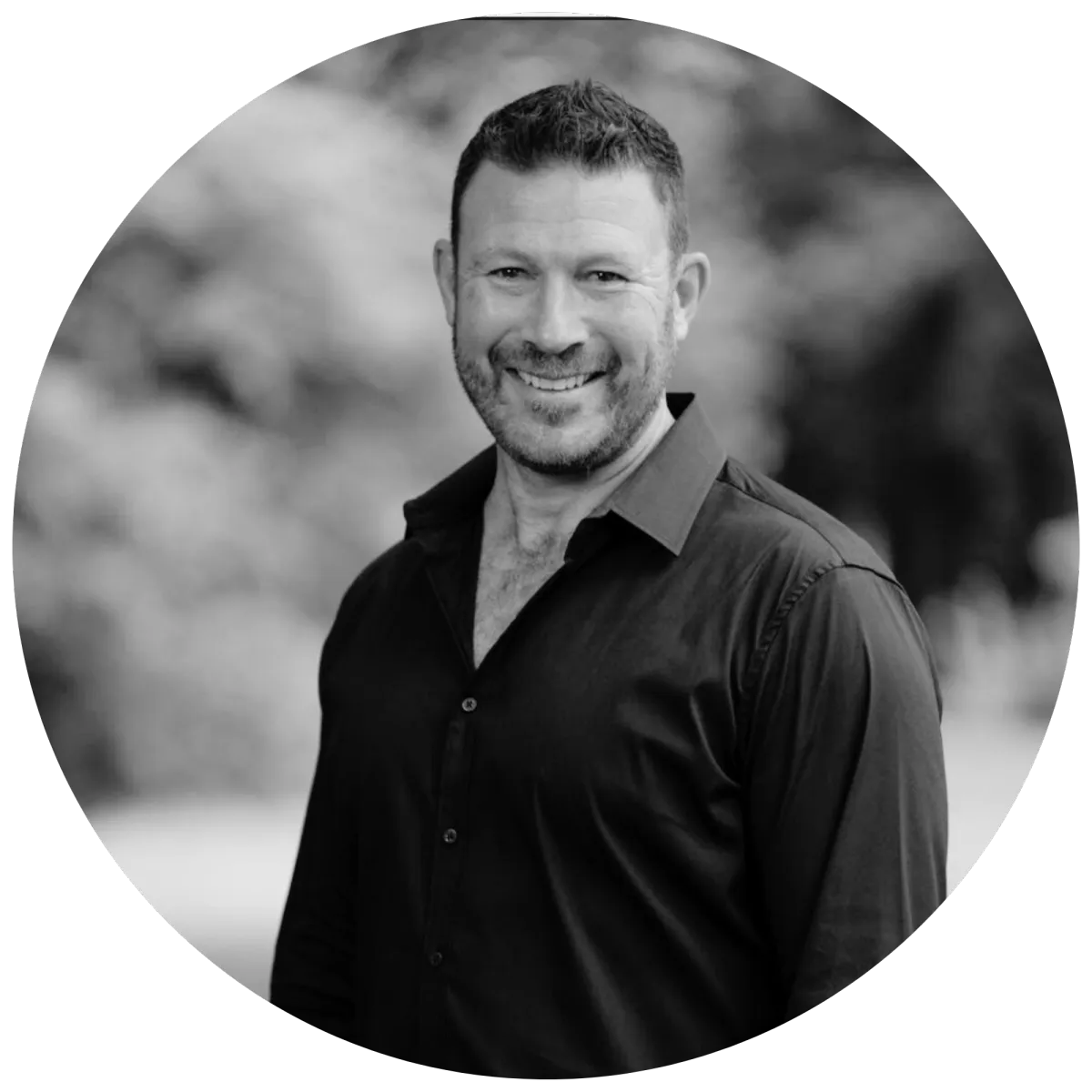
Marco Renai
Founder of Men of Business Academy
2024 QLD Australian of the Year
The senior secondary school teacher focuses on empowering at-risk-young men with the skills, knowledge and confidence to be happy, healthy and successful.
MOB is a federal and state-funded accredited academy with two branches, 35 passionate staff, thousands of post graduates and 195 thriving students. They focus on personally developing young men along the journey to manhood through role modelling and mentoring, to create well rounded, employable and inspired men, with brighter futures.
The menswellness hub is dedicated to raising funds for the continued growth of MOB academy. To donate to this incredible cause, please go to www.menofbusiness.com.au
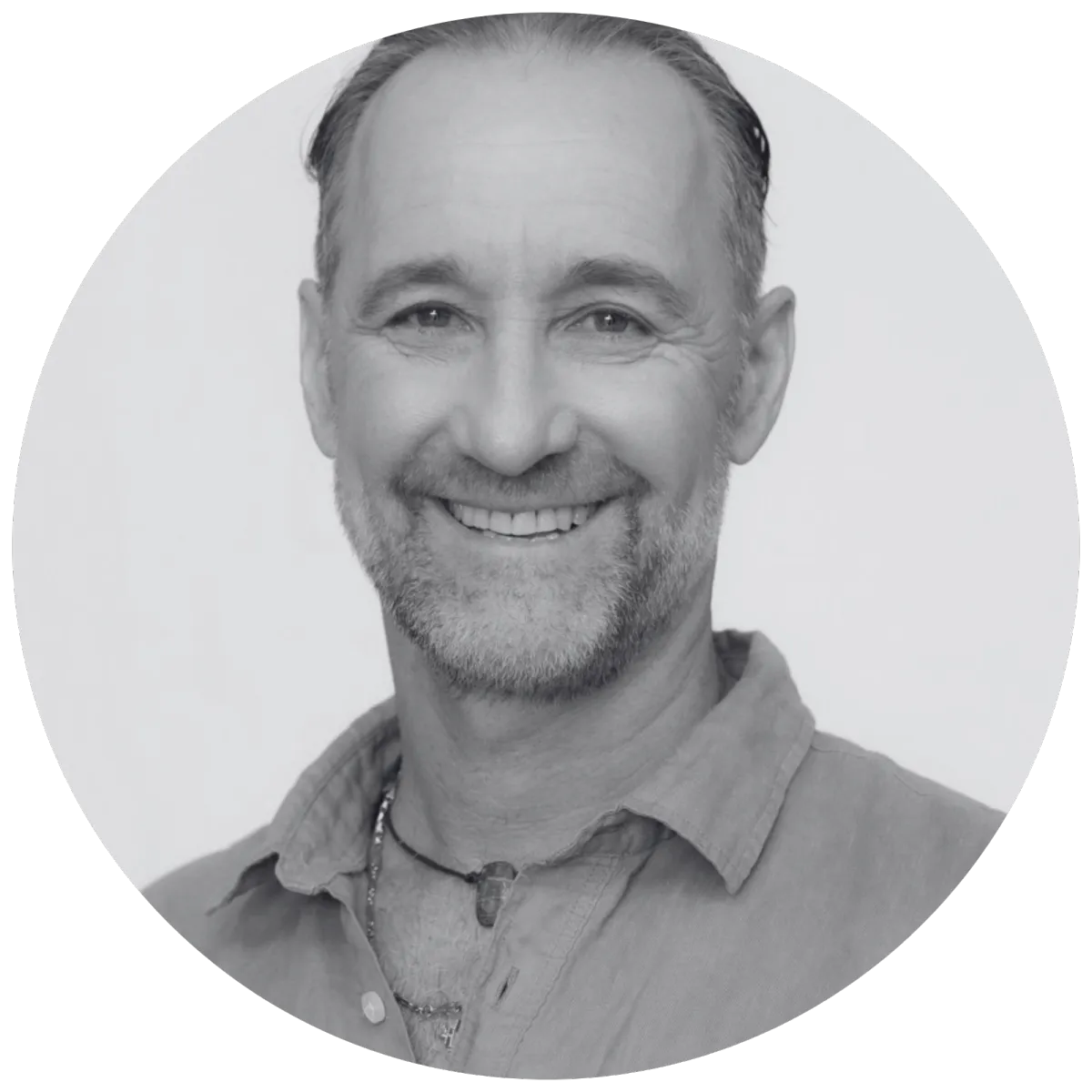
Dr Arne Rubinstein
CEO and Founder of the Rites of Passage Institute
Dr Arne is the CEO and Founder of the Rites of Passage Institute. He has over 30 years experience as a medical doctor, counsellor, mentor, speaker and workshop facilitator. The programs, seminars and camps he’s helped to develop have been attended by more than 350,000 people globally, while some of the largest schools in Australia have implemented the framework effectively. The programs are designed to support boys and girls successfully make a safe, healthy transition into adulthood. His goal is to make Rites of Passage mainstream once again.
Education Panel

Mark Hoppe
Passionate Educator with two decades of experience in the classroom who has a deep understanding of young men, their educational needs, wellbeing and character development. Mark is passionate about Pastoral Care Programs, embedding Positive Behavior to foster supports within the Curriculum to foster empathy, collaboration and a Growth Mindset.
An incredible mentor, rites of passage advocate, Mark has the experience and knowledge to provide educational programs to support and mentor young men.

Aaron Schultz
CEO and Founder of The Outback Mind Foundation, a grass roots health promotion and education charity, focused on empowering regional men to take a proactive approach to looking after their mental health and to reduce the risk of men committing acts of domestic and family violence. Aaron's vision is to improve the emotional literacy of more regional men to help them live calm, conscious and connected lives.
The Charities, Boiling Point documentary is a very powerful conversation starter shining light on the realities of domestic violence and male mental health, and real life stories of men who have turned their lives around.
Men's Wellness Hub - Finally the Support You Need All In One Place!
Fitness & Nutrition
We know you can be time poor, stretched to your limits between studying, work and perhaps parenting, but the reality is you need to put your own health first as often as you can.
Looking at your physical fitness (even if minimal) and your nutrition (it doesn't have to mean carrots), we can help you reach realistic goals for you which will have the flow on affect to the physical and mental health you deserve. We provide easy to follow and realistic guidance and tips to help you find your way back to a happier, healthier you.
Mens Medical Health - get that check up!
You are too important to put your head in the sand when it comes to your health. No more excuses. We have brilliant resources, checklists, tips and support from some experts to get you the medical back up you need when you are due for your 'service' or when you are simply feeling like something is not quite right. You deserve to look after you.
We have a toolbox of strategies and tricks that will help reduce your health issues and online health service providers if you are remote, time strapped or needing after hours (so there's no excuses)!
Men's Mental Wellness - we've got you!
Sadly, the number of cases of men struggling with mental health issues is on the incline. That is not ok, because it shows men are still, not Ok! We need to do more for ourselves and our mates. Talking is the first big but critical step.
We are getting better at asking for help, but sometimes not until it is too bloody late. By this time, the flight/fight stuff has kicked in, you are often sleep deprived, resentful and incapable of switching off.
This hub reminds you that we have your back. There is someone to talk to, there is help out there for you. Let's get you, your loved one, or that mate the help they need when things initially start to become tough and some strategies in place to help you long term. Our ambassadors are giving a voice to those struggling in silence, and striving for a world where everyone reaches out for support without facing stigma. It Ain’t Weak to Speak as the guys at Livin promote!
Our support groups, activities, workshops and events, resources are also there to offer you the guidance you may need. You are not alone.
We also work with dads to help teach their sons the strategies they need to help them through the tough times, the dark times and remind them how, when, where to get that support. It's a new generation, let's do it for you and your boys.
Separation, Divorce, Parenting and Co-parenting
No matter what the circumstances are that lead to a separation, it can be one of the hardest, most overwhelming times of a person's life, especially if there are kids involved. You need support more than ever during this time. We've got you.
We have guidance, coaching, courses, advice, tips and co-parenting support as well as a single parents directory to make your life a lot easier.
You can find services, products, child support, domestic help. You asked for it, and we delivered. www.parentdirectoryhub.com

Financial Wellness Support
Financial wellness means having a comfortable sense of financial security and having enough to meet all needs and demands in your life. Taking care of your financial wellness is just as important as looking after your physical and mental health.
Ac certain times in our lives, finances can cause stress or anxiety. so dedicating time to setting and working towards financial goals is essential.
Men's Events and Activities
Men need men time as well as family time. We get that. We have details on a range of men's only events, activities, travel opportunities, hikes, escapes.....something for everyone really.
There are details of apps and dating tips (just in case ever needed).
We also offer men and their child connection events through our Konnect programme. This gives dads and sons or dads and daughters one on one time to connect during the precious years. These events are very popular so book in early for these when they come up. Very successful and memorable events.
Men’s Support Courses & Webinars
We have a great range of support courses dedicated to teens, adult men and single dads and affordable webinars that can be purchased on a range of relatable topics.
From resilience, nutrition, emotional regulation/anger management, stress and anxiety management, domestic and family violence, women's wellness challenges, communication skills, parenting, sleep, career assistance, building social networks - there's a lot to chose from and it is all practical, easy to follow, male orientated and not too heavy!
Podcasts & Resources
Join us as we interview a number of great humans, including some of our awesome clients, on our podcast series starting late 2024.
Further details to come. Refer to our blogs and feel free to join our newsletter anytime.
Click below for details on the Parent Hub Directory of resources that give you a fantastic quick access resource guide to getting those services or goods you need all in one place. Save yourself the time and frustration by doing it all online and with minimal effort - no matter where you live! www.parenthubdirectory.com
Add in newsletters, sponsor details, social media to follow = make it clearer
Men's Wellness Blog Posts
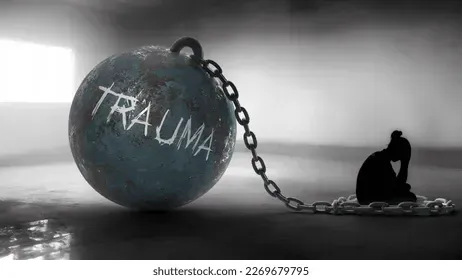
DV trauma can lead to PTSD
Abuse can take many forms, ranging from physical and emotional abuse, sexual assault, verbal abuse, financial/economic abuse, coercive control, and psychological actions or threats meant to harm or influence an intimate partner. It can happen at any age and affects people of all sexual orientations, ethnicities, religions, sexes and socioeconomic backgrounds.
Sadly, abuse victims may experience a wide range of physical and mental health symptoms resulting from domestic abuse trauma, including depression, anxiety, high stress levels, suicidal tendencies, panic attacks, substance abuse disorders, and sexual and reproductive health issues.
When we experience trauma, our brains become micro-focused on what needs to be done next in order to survive - to escape (flight), defend (fight) or immobilise (Freeze). Every other sensory input is essentially put on the back burner while our body and mind dedicates itself to surviving the threat.
Because domestic and family violence is often repetitive and consists of layers of emotional, verbal, psychosocial and/or physical abuse, the compounding affect never enables the mind to have the necessary break to properly process and heal the trauma from one traumatic event to the next, which in turn can cause post-traumatic stress disorder (PTSD).
PTSD is a psychiatric disorder in which a person has difficulty recovering after experiencing or witnessing a terrifying event or due to the compound effect of ongoing trauma.
Symptoms of PTSD are sometimes difficult to establish, as there is often a considerable overlap between PTSD and other mental health conditions but symptoms are normally defined by three overarching categories:
• Avoidance: Avoiding reminders or “triggers” of the traumatic event, such as people, places, smells, sounds, thoughts or events.
• Arousal and reactivity: Sudden inexplicable anger, outbursts, trouble sleeping, always on high alert, hypervigilant, compulsive risk assessment of situaitons, startling easily, paralysing nightmares, or may actually dissociate (check out) shutting down, feeling numb or regularly daydreaming/distant.
• Reliving the event: Being confronted by the emotional trauma of the event suddenly and without an obvious reason, resulting in emotional outbursts, chills, heart palpitations, aggression, extreme anxiety and other symptoms.
Left untreated, PTSD can cause long-term mental health effects, including anger management issues and severe depression and suicidal tendencies, and is believed to increase the likelihood of developing several life-threatening conditions including Type 2 diabetes, heart disease, high blood pressure and substance abuse disorders.
“The likelihood of PTSD increases after a domestic abuse event, and can worsen with recurring exposure to abuse but our patients need to be reassured that the effects can be mitigated through seeking the right support,” says psychologist Sherrin Bell.
Symptoms vary a lot between patients and treating PTSD in domestic abuse victims can be complicated, with no one-size-fits-all treatment. A mental health professional can devise a treatment plan to address specific symptoms but treatment can often be difficult if the patient remains in regular contact with the abuser.
Treatment often involves cognitive behavioral therapy (CBT), which can help victims manage the trauma of their experience. Most CBT based therapies aim to help patients feel safe, regulate their emotions, become more assertive, manage grief and the life transitions that may come with leaving an abuser, and to deal with depression and anxiety. Specialised treatments such as eye movement desensitisation and reprocessing (EMDR) are also reported to be having very successful outcomes for high trauma and PTSD.
Self-care is also really important to the recovery of any level of trauma. In addition to any prescribed medication and receipt of treatment, there are simple lifestyle changes you can make to improve your chance of recovery including:
• Regular exercise to help reduce stress levels.
• Leaning in on a trusted friend or relative for support and resisting the temptation to socially withdraw and isolate yourself.
• Considering what triggers your symptoms and work to better manage or eliminate the triggers and set clear boundaries.
• Get out in the fresh air, listen to great music, work on your sleep patterns, find your passions again avoid alcohol and non-prescribed drugs, eat well and stop the negative self-talk (remember abuse is never the victims fault- ever),
PTSD and high trauma may leave you feeling like you will never recover and return to your former self. But believe us when we tell you that you can move through it and will come out the other side. You need to be kind to you in the process and get the support and therapy you absolutely need. You've got this and it is worth investing in you. x
SUPPORTED BY....
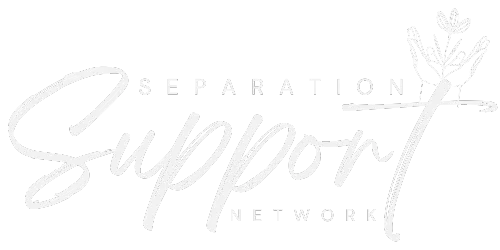
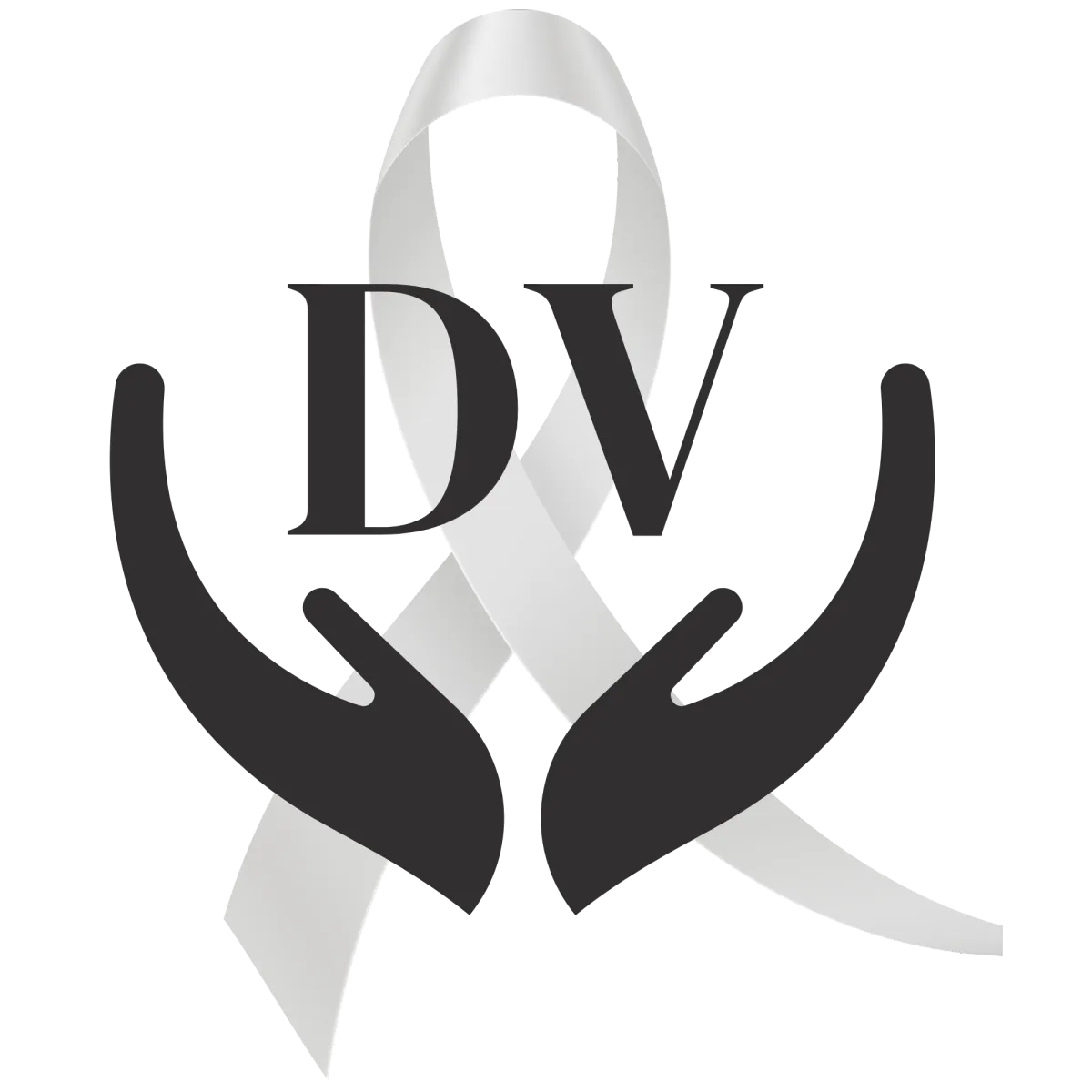
This site is brought to you by Family Counselling Support Network
Book in with one of our professionals today
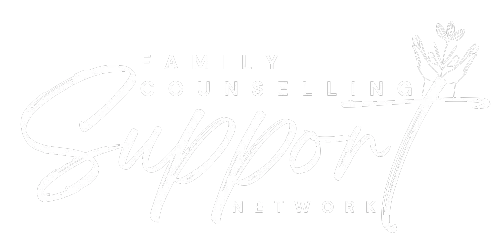
We've Got you!


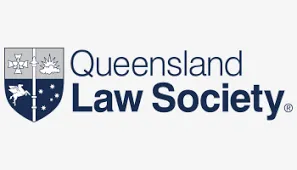
We are committed to protecting your personal information and respecting your privacy. This website uses cookies to analyze website traffic and optimise your website experience. By accepting our use of cookies, your data will be aggregated with all other user data.
DISCLAIMER: The material contained on this website is for general educational and information purposes only and is not a substitute for professional legal, financial, medical or psychological advice or care. While every care has been taken in the information provided, no legal responsibility or liability is accepted, warranted or implied by the authors or Family Counselling Support Network and any liability is hereby expressly disclaimed. For specific advice please contact us at [email protected]. All information contained on the website remains the intellectual property of Family Counselling Support Network and is for your personal educational use only. The information must not be reproduced or distributed without the express permission of Family Counselling Support Network.
Family Counselling Support Network acknowledges and respects the First Nations Custodians of the land where our offices stand, and where we work to help Australians. We pay respects to their Elders, past present and emerging, lore, customs and creation spirits. We recognise that these lands have always been places of ceremony, teaching, research and learning, and we acknowledge the important role Aboriginal and Torres Strait Islander peoples play in our community.
We are committed to providing an inclusive and accessible environment where people and communities of all identities and backgrounds are accepted, safe and celebrated.
Privacy Policy | Terms and Conditions
